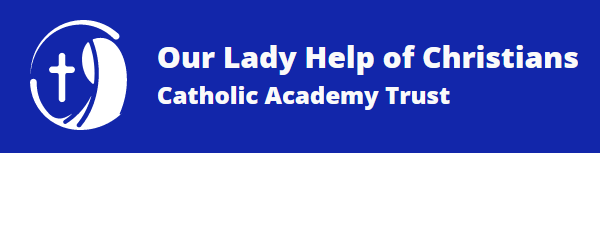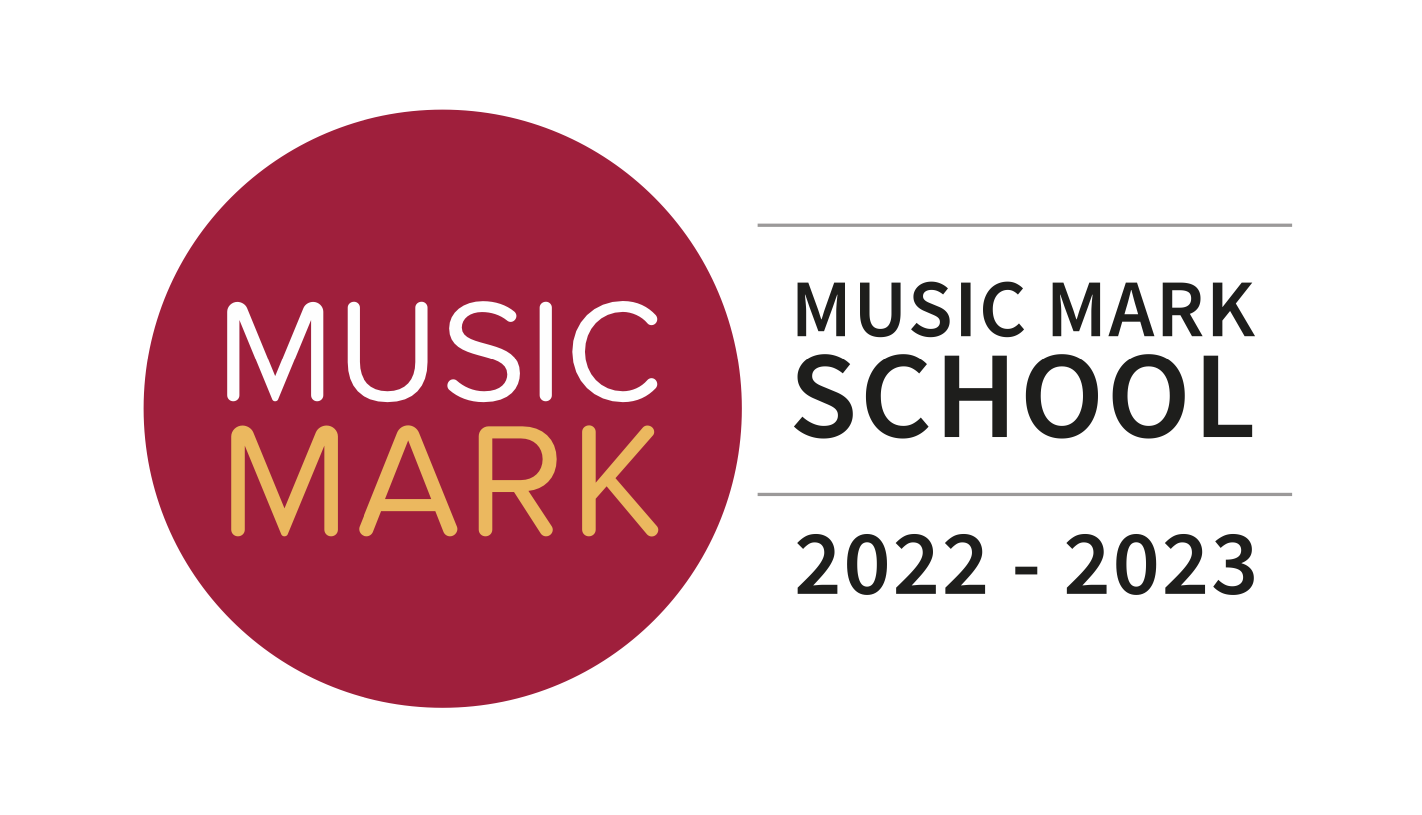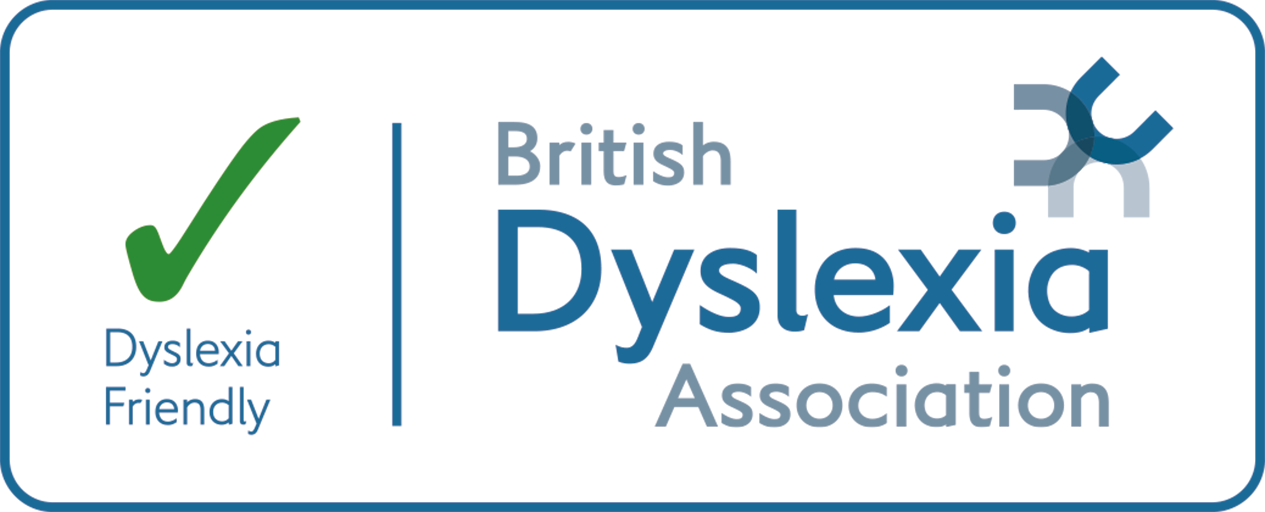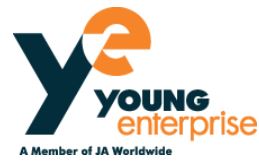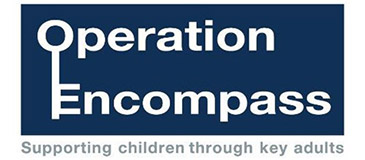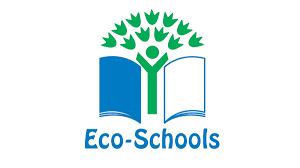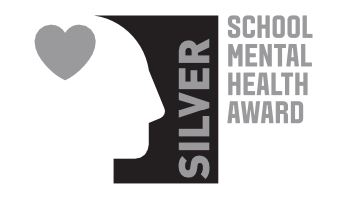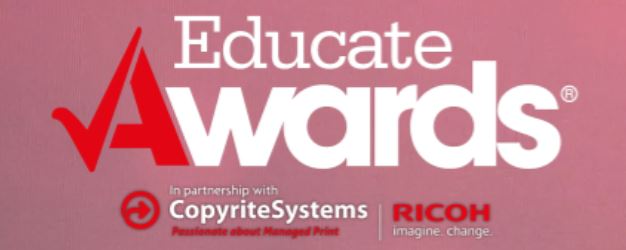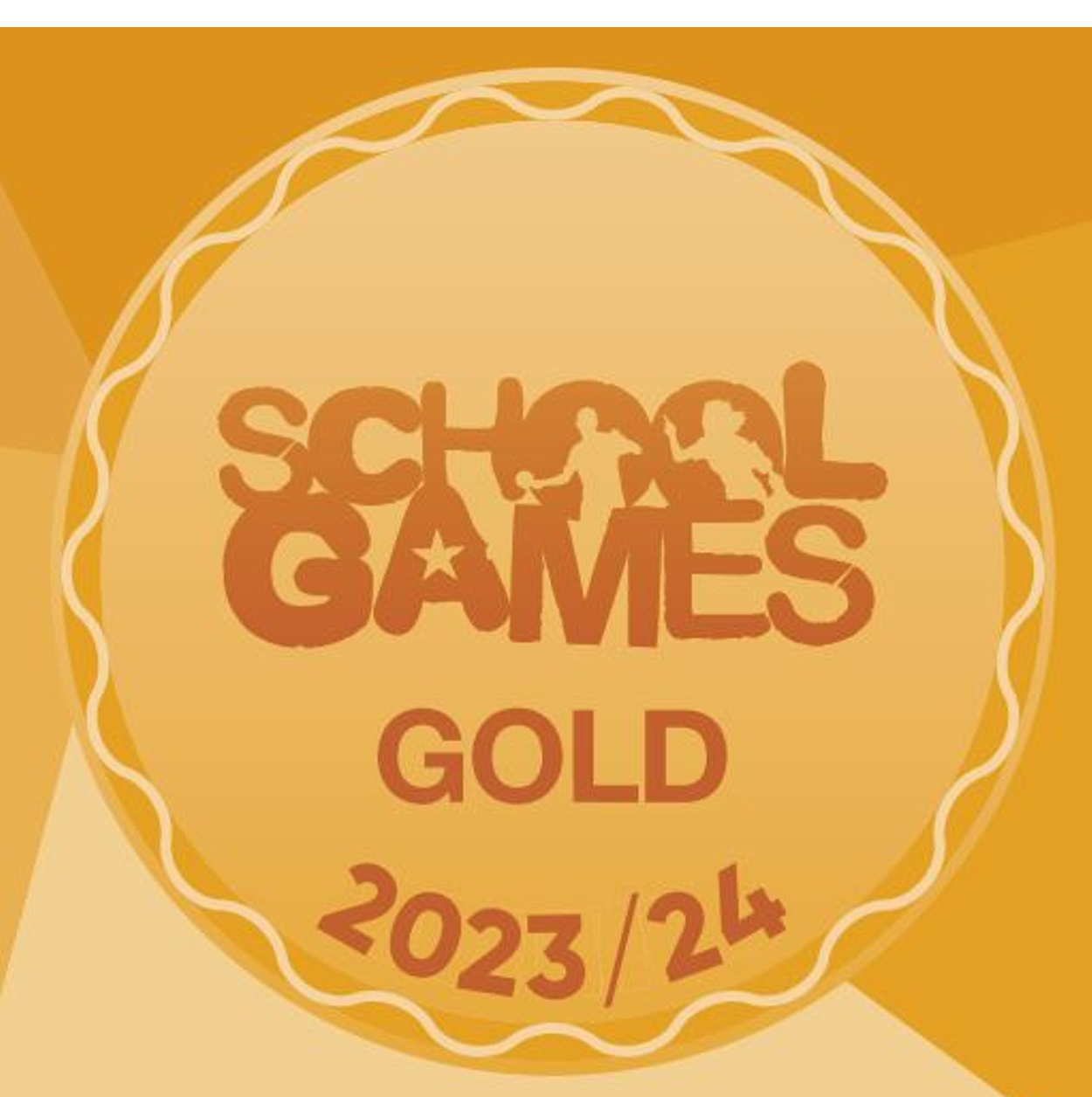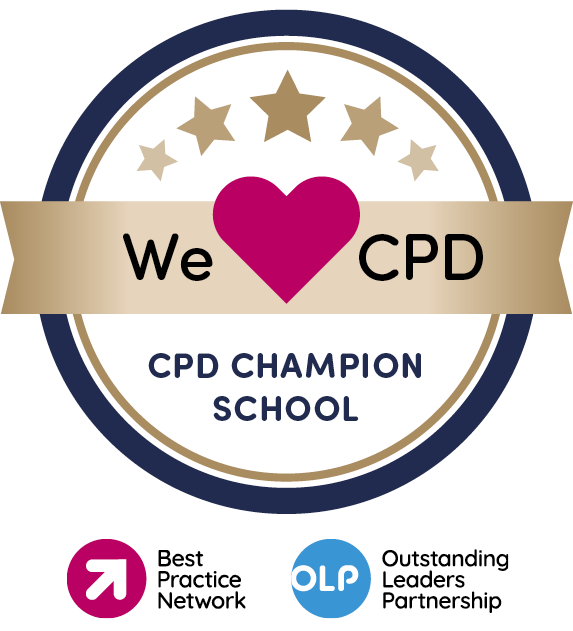Drama
Department Intent Statement
At Ellesmere Port Catholic High School the study of drama supports the English Curriculum in the delivery of reading, writing and speaking skills. We promote a world view using drama as a tool to explore social, political and religious surroundings and explore issues in a safe environment, providing students with a platform to discuss, perform and share their findings. Providing Drama each week means that they are not only building their curriculum knowledge, helping boost academic results, but they are also developing coping mechanisms for life in and out of school. We also provide opportunities for children to focus on themes and topics such as relationships, bullying and community, providing a wholesome learning experience.
Achieve:
Drama will ensure students communicate with and understand others in ‘new ways’- offering the opportunity to challenge self -perception, whilst being more persuasive in communications both written and oral. Success will be founded as drama will assist in the development of well-rounded young adults with a diverse range of skills.
Enrich:
Drama will develop students’ ability to use an open mind and move beyond boundaries whilst experimenting with different ideas. Confidence, team work and collaboration set the foundations for self-awareness and the growth of independence towards being creative leaders.
Prepare:
Drama will prepare students to live and work in a world that is team orientated. Drama helps students develop tolerance and empathy, in addition to its deep-rooted educational values, Drama can offer reinforcement to the rest of the school curriculum, thus preparing students for progress across the key stages and further into employment.
At EPCHS we aim to provide a curriculum for drama that explores other cultures, drawing on the skills and techniques of past practitioners and looking contemporary theatre to develop an understanding of the world around us. It is our intention to inspire and motivate children’s creativity, allowing them to find their voice and open up their imagination. We aspire to provide a space where students can explore challenging themes in a safe classroom environment, which aims to build skills such as self-confidence, commitment, empathy, compassion, courage, peer engagement, emotional resilience, problem solving and self-esteem. These co-inside with the values and ethos of the school which is to develop students to strive for commitment by helping them to excel when challenged, have compassion and develop an emotional understanding when exploring text and characters and courage, to approach a wide range of public speaking with confidence.
Our curriculum at EPCHS goes far beyond what is taught in lessons, for whilst we want students to achieve the very best examination results possible, we believe our curriculum goes beyond what is examinable. As a department we offer a wide range of extra-curricular opportunities for those students who want to develop their performing arts skills and abilities beyond a classroom curriculum. We have a vibrant collection of drama groups which we believe offer opportunities to a wide range of students, allowing them to collaborate with other actors and thus develop their performance skills, understanding and love of the subject. Where possible and appropriate we endeavour to expose our students to live theatre including visits to the musicals, plays and dramatic productions.
Key Stage 3 Intent Statement
Throughout their KS3 drama studies, students will build upon skills that they have explored in primary school and ensure a well-rounded and embedded knowledge is developed. By exploring a broad and balanced range of topics, a firm foundation of the art is developed for students that leads to a firm application in assessment. The year 7 curriculum begins with a practical base-line test to assess knowledge and understanding for the teacher, who can then address this within the classroom through the schemes of learning.
Students will progress in their learning by studying the creative process and structure of drama in order to become a confident performer. This aims to ensure that pupils have a basic understanding of the skills used and developed throughout the drama journey, this also supports students to become more independent, resilient creative learners. Students will then develop more specific skills which will support them across the curriculum – such as vocal skills for presentations and physical skills to build confidence in social situations.
Building upon this in year 8 they have now studied a wide range of drama skills starting with basic performance confidence leading into specific subject skills such as mime, storytelling and characterisation. They have developed these skills in a variety of contexts including text, improvisation and devising. In year 8 students will develop their understanding of drama through a study of the History of theatre. These studies will include the context of the time and SMSC influences such as tragedy, morality and cultural change (stage to film) Students will also explore a range of exploration techniques within text making links to English. Students will be studying SMSC through our textual drama schemes focusing on teenage behaviour and completing the year with making links to careers.
Students at EPCHS have now studied a wide range of drama skills including performance skills building confidence leading into specific subject skills such as mime, storytelling and characterisation. These have been further developed in a variety of contexts including text, improvisation and historical context. In year 9, Pupils will begin studying a new Social drama topic which links to the social drama/text work in year 8. We will also begin to develop our practitioner work in preparation for further study (GCSE) Leading to text work on Romeo & Juliet with links to physical theatre (stage combat) In connection with English and the GCSE exam we will be studying the text “Blood Brothers” and then conclude the year with technical understanding (further links to GCSE and careers)
Key Stage 4 Intent Statement
Our specification engages and encourages students to become confident performers and designers with the skills they need for a bright and successful future. They have two option routes to study Drama at GCSE, there is a Performing Arts course at GCSE or a Drama course at GCSE.
The Drama curriculum at EPCHS is designed to inspire and engage all learners in exploring drama and theatre. Its ambitious content and high expectations promote thought provoking discussions and develop student’s confidence. Students learn to collaborate with others, think analytically and evaluate effectively. They gain the confidence to pursue their own ideas, reflect and refine their efforts. Whatever the future holds, students of GCSE Drama or Performing Arts emerge with a toolkit of transferable skills, applicable both in further studies and in the workplace.
The specification is designed to give students as much opportunity as possible to participate practically both in GCSE drama and the BTEC Performing Arts course. The devising and exploring texts elements of Drama or the costume design, acting or dance elements of the Performing Arts course. Drama and Performing Arts offers students the opportunity to explore acting as a practical art form in which ideas and meaning are communicated to an audience through choices of form, style and convention.
The AQA GCSE Drama curriculum is ideal for able students, who are both practically strong and academically able. To allow all students to access the course and make progress, model answers, writing frames and intervention is identified where appropriate.
The BTEC TECH Award in Performing Arts gives learners the opportunity to develop sector-specific knowledge and skills in a practical learning environment. The main focus is on four areas of equal importance, which cover the development of key skills that prove your aptitude in Performing Arts such as reproducing repertoire or responding to stimuli. Process that underpins effective ways of working in the Performing Arts, such as development of ideas, rehearsal and performance. Attitudes that are considered most important in the Performing Arts including personal management and communication.
Both courses available to students allows them to build on their prior KS3 knowledge to enable them to succeed to their highest ability at KS4.
Key Stage 5 Intent Statement
Our qualification has a straightforward structure with three components, one that focuses on devising, one that focuses on performing or designing skills and one that focuses on practical exploration of texts to interpret them for performance. The specification focuses on the practical exploration of performance texts, including exploring them in light of the work of theatre practitioners. The performance texts that will be studied for the exam will require students to articulate how they would perform in certain roles, design for certain scenes and interpret a text for performance, putting practical work at the heart of the specification



